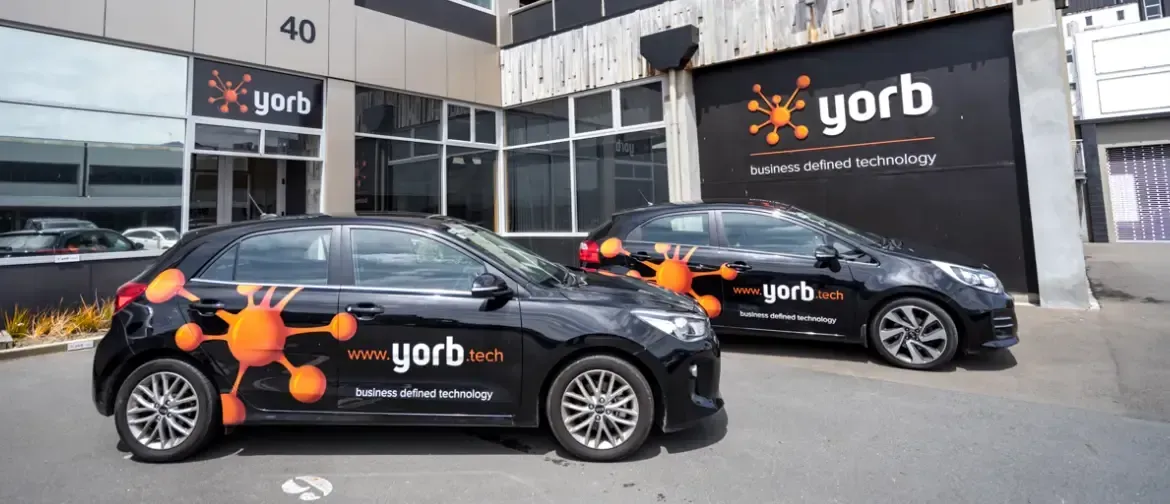What is Local SEO and Why It Matters
Alastair Manning • June 20, 2023
Local SEO has become an essential aspect of digital marketing in recent years. As businesses strive to reach their target audience and increase visibility, understanding and implementing effective local SEO strategies have become paramount. Here we will explore what local SEO entails, why it matters for businesses of all sizes, and how it can contribute to their overall success.
Introduction to Local SEO
Local SEO refers to the process of optimising a website and its online presence to increase visibility and attract relevant traffic from local searches. It involves various techniques and strategies aimed at improving a business's online visibility within a specific geographic area.
The Importance of Local SEO
Local SEO matters for several reasons. Firstly, it helps businesses target their primary customer base effectively. For brick-and-mortar establishments or service-based businesses operating in specific areas, being visible to potential customers nearby is crucial. Local SEO allows businesses to capture those local searches and connect with their target audience at the right time.
Secondly, local SEO enhances credibility and trust. When a business appears prominently in local search results, it instills confidence in potential customers, indicating that the business is reliable and established within the community. This trust factor can significantly influence a customer's decision-making process.
Optimising Google Business Profile
Google Business Profile (previously Google My Business) is a powerful tool for local SEO. It allows businesses to manage their online presence across Google's search engine and maps. Optimising your Google Business Profile involves claiming and verifying the business listing, providing accurate and up-to-date information, such as address, contact details, business hours, and images. Regularly updating GMB with posts and engaging with customer reviews further boosts local visibility.
Local Keyword Research
Effective keyword research is a cornerstone of successful local SEO. Businesses must identify and target relevant keywords that align with their products or services and have local intent. Tools like Google Keyword Planner and Moz Keyword Explorer can assist in finding valuable local keywords. Incorporating these keywords naturally throughout website content helps search engines understand the business's relevance to local searches.
On-Page Optimisation for Local SEO
On-page optimisation involves optimising various elements on a website to improve its visibility in search results. For local SEO, this includes optimising title tags, meta descriptions, headers, and content with local keywords. Creating location-specific landing pages can also enhance local visibility, as search engines can associate the business with specific geographic areas.
Building High-Quality Local Citations
Local citations are online mentions of a business's name, address, and phone number (NAP) on directories, review sites, and other online platforms. Consistency and accuracy of NAP information across different citations are vital for local SEO. Building high-quality local citations helps search engines verify the business's location and establish credibility within the local community.
Online Reviews and Reputation Management
Online reviews play a significant role in local SEO. Positive reviews not only improve a business's reputation but also influence local search rankings. Encouraging customers to leave reviews and promptly addressing any negative feedback is essential for effective reputation management. Engaging with reviews shows that the business values its customers and is actively involved in the local community.
Local Link Building Strategies
Link building remains a crucial aspect of SEO, including local SEO. Acquiring high-quality backlinks from local sources such as local news sites, industry-specific directories, and local influencers can significantly improve local search visibility. Engaging in community events and sponsoring local initiatives can also lead to valuable local link opportunities.
Mobile Responsiveness and Local SEO
Mobile devices have become the primary means of accessing the internet, and local searches often happen on the go. Therefore, ensuring that a business website is mobile-friendly and provides a seamless user experience is crucial for local SEO. Responsive design, fast loading times, and easy navigation on mobile devices are all factors that contribute to a positive user experience and higher local search rankings.
Social Media Engagement for Local SEO
Social media platforms offer valuable opportunities for local SEO. Engaging with the local community through social media channels can increase brand awareness, foster customer loyalty, and generate local shares and mentions. Creating location-specific content and utilising local hashtags can help businesses connect with their target audience on a more personal level.
Measuring and Tracking Local SEO Performance
To gauge the effectiveness of local SEO efforts, businesses need to measure and track relevant metrics. Key performance indicators (KPIs) such as local search rankings, website traffic from local searches, and the number of online reviews can provide valuable insights into the success of local SEO strategies. Tools like Google Analytics and Google Search Console are instrumental in monitoring these metrics.
Local SEO for Multiple Locations
Businesses with multiple locations face unique challenges in implementing local SEO. Creating dedicated landing pages for each location, optimising individual Google Business profiles, and tailoring content to each location are crucial steps. Consistency in NAP information and a cohesive local SEO strategy across all locations help businesses maintain a strong online presence across various geographic areas.
Staying Up-to-Date with Local SEO Trends
The digital landscape and search engine algorithms are constantly evolving. It is vital for businesses to stay informed about the latest local SEO trends and adapt their strategies accordingly. Following industry-leading blogs, attending webinars, and engaging with the local SEO community can provide valuable insights and ensure businesses remain competitive in their local markets.
Hiring a Local SEO Professional
For businesses with limited resources or complex local SEO needs, hiring a local SEO professional can be highly beneficial. An experienced SEO specialist can provide expert guidance, implement effective strategies, and stay up-to-date with the ever-changing local SEO landscape. Outsourcing local SEO allows businesses to focus on their core operations while reaping the benefits of a robust local online presence.
FAQs
Recent Posts




